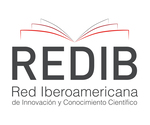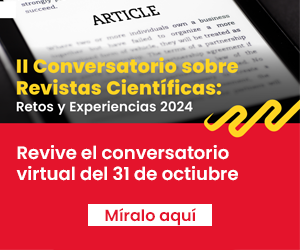Erosive potential of juices of amazonian fruits
DOI:
https://doi.org/10.20453/reh.v30i3.3821Abstract
Dental erosion is the irreversible loss of the surface of the enamel or dentin, due to frequent exposure of non- bacterial acids. Although certain fruit juices have erosive potential in vitro, there is no conclusive evidence in this regard. Objective: To evaluate in situ the erosive potential of Amazonian fruit juices on dental enamel. Material and methods: The Vickers surface microhardness (VMH) of dental enamel was evaluated in situ after exposure to drinks Physalis Peruviana (aguaymanto), Averrhoa Carambola (carambola), Myrciaria Dubia (camu camu), Coca cola (positive control) and distilled water (negative control). Fifteen volunteers (18 to 30 years) participated who wore palatal appliances to reproduce the storage medium. Each one containing 6 enamel blocks. The appliances were exposed to the different drinks 4 times a day (9:00 am, 11: 00 am, 13:00 pm and
15:00 pm) for 5 minutes during 5 days. For each erosive cycle, they were exposed to two drinks, immediately the palatal devices were repositioned in the participants’ mouth. There was an 8-day washout period between each cycle. The difference in VMH before and after exposure was calculated. The ANOVA/Tukey analysis was used to determine the differences between beverages in the SPSS 19 program, with a significance level of 0.5%. Results: The four experimental groups decreased enamel VMH (p<0.05) without significant difference between them. Conclusions: The juices based on camu camu, aguaymanto and carambola are potentially erosive.
Downloads
Downloads
Published
How to Cite
Issue
Section
License
The authors retain the copyright and cede to the journal the right of first publication, with the work registered with the Creative Commons License, which allows third parties to use what is published as long as they mention the authorship of the work, and to the first publication in this journal.






















